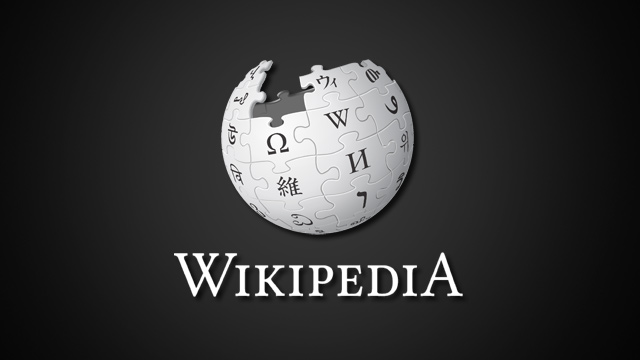WEB BROWSING HISTORY
In computing, the web browsing history refers to the list of web pages a user has visited recently and associated data such as page title and time of visit which is recorded by web browser software as standard for a certain period of time. Web browser software does this in order to provide the user with a back button and a history list to go back to pages they have visited previously as well as displaying visited links rather than relying on the user to remember where they have been on the web.
In addition to the web browser software itself, third-party services can also record a user's web browsing history (completely or partially). For example, in Google Web History, the clicks of registered users are recorded and stored in individual user histories, each of which are browsable and searchable by that user (this is in addition to the click-tracking Google records for its own internal purposes, such as advertising click tracking). If the user installs the Google Toolbar, all pages that the user visits while logged into Google on that computer may be recorded as well. A potential benefit to the user is that they can review and search through all of their web browsing history on any computer, but this can have privacy implications.
PRIVACY
Web browsing history is not published anywhere publicly by default, whether a user uses their own browser's history functionality or a third-party service, because this would have huge negative privacy implications and would reflect negatively on the reputation of a software or service provider who did such a thing.
Users may wish to remove browsing history data or stop it being collected (at least temporarily). They may want or need to do this to try and avoid other people who have full access to the computer they are using seeing confidential information about websites they have visited.
However, this alone will not necessarily give the user adequate privacy. Other factors may need to be considered, depending on the user's requirements. Such factors include the contents of the web browser cache, encryption of the data being transmitted over the network, and anonymity/traceability of the user's network connection.
The means by which a user can stop pages being recorded, and delete records of previously-browsed pages, depends on the product used. If a user is using a third-party product which may record search such as Google Search (see above), it may be necessary to remove or stop history collection in multiple places.
VISIT IN URL :- http://pcsoftsolution.com/default.aspx#



Comments
Post a Comment